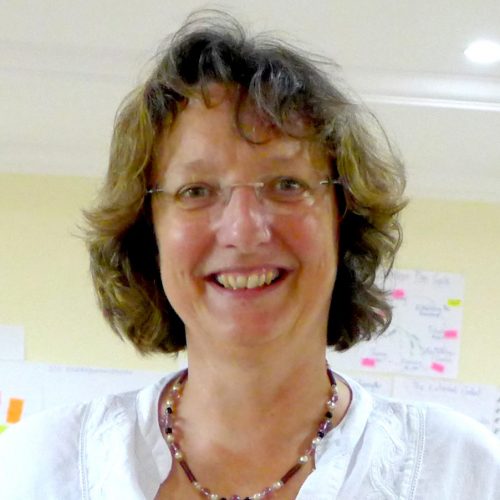Optimal Unpreparedness in Sweden
 Robert Chambers’ guiding principle for workshops, being ‘optimally unprepared’, comes straight from his commitment to participatory learning. The paradox makes me sit up and think: where can there be room for ‘unpreparedness’ in a workshop, and how do you measure out an optimal amount of it?!
Robert Chambers’ guiding principle for workshops, being ‘optimally unprepared’, comes straight from his commitment to participatory learning. The paradox makes me sit up and think: where can there be room for ‘unpreparedness’ in a workshop, and how do you measure out an optimal amount of it?!
I was preparing for a two-day workshop on M&E and Organizational Assessments for Swedish Mission Council members, and had spent far too long already on detailed planning of sessions, exercises, and activities. It struck me then that under the guise of ‘participation’, I was preparing a straightjacket.
So I went back to the terms of reference for the workshop and focused on the process rather than the content. I also went back to the responses to a survey I’d sent participants. SMC was looking for sharing of experience between members, and the whole workshop to be a model that members could draw on to run similar events with their own partners. Participants came from a wide range of backgrounds and experiences – how to meet all these different needs?
In fact, SMC helped me because they made it clear that nothing could be set in stone beforehand – the final planning would be done in Stockholm the afternoon before the workshop, and that’s when the whole planning team would work out different roles and contributions. I had to ‘hand over the stick’ and let go of control, but come prepared with a framework within which we could explore issues in depth.
“Optimal unpreparedness liberates a facilitator (to mix the metaphors) to go with the flow, roll with the punches, and steer by sailing and tacking with the wind. Good workshops are more like a sea voyage than putting up a building. There is less a syllabus to tick off, and more a direction to travel in and a process to experience.” Robert Chambers
A workshop as a sea voyage – a good image for Viking Sweden! The wind blew, the waves rolled, the snow fell, the tide swept us along. I dropped large swathes of material that I’d prepared and we went with the flow of all the contributions that people brought with them: examples, ideas, case studies, tools. Of course there was an agenda, there was a timetable, beginnings and endings. There was also close attention paid to what participants told us they wanted, and in the end, don’t ask me how, it felt like we were optimally unprepared.
Quote from: Chambers, R., Participatory Workshops: a sourcebook of 21 sets of ideas and activities, Earthscan, 2002.

